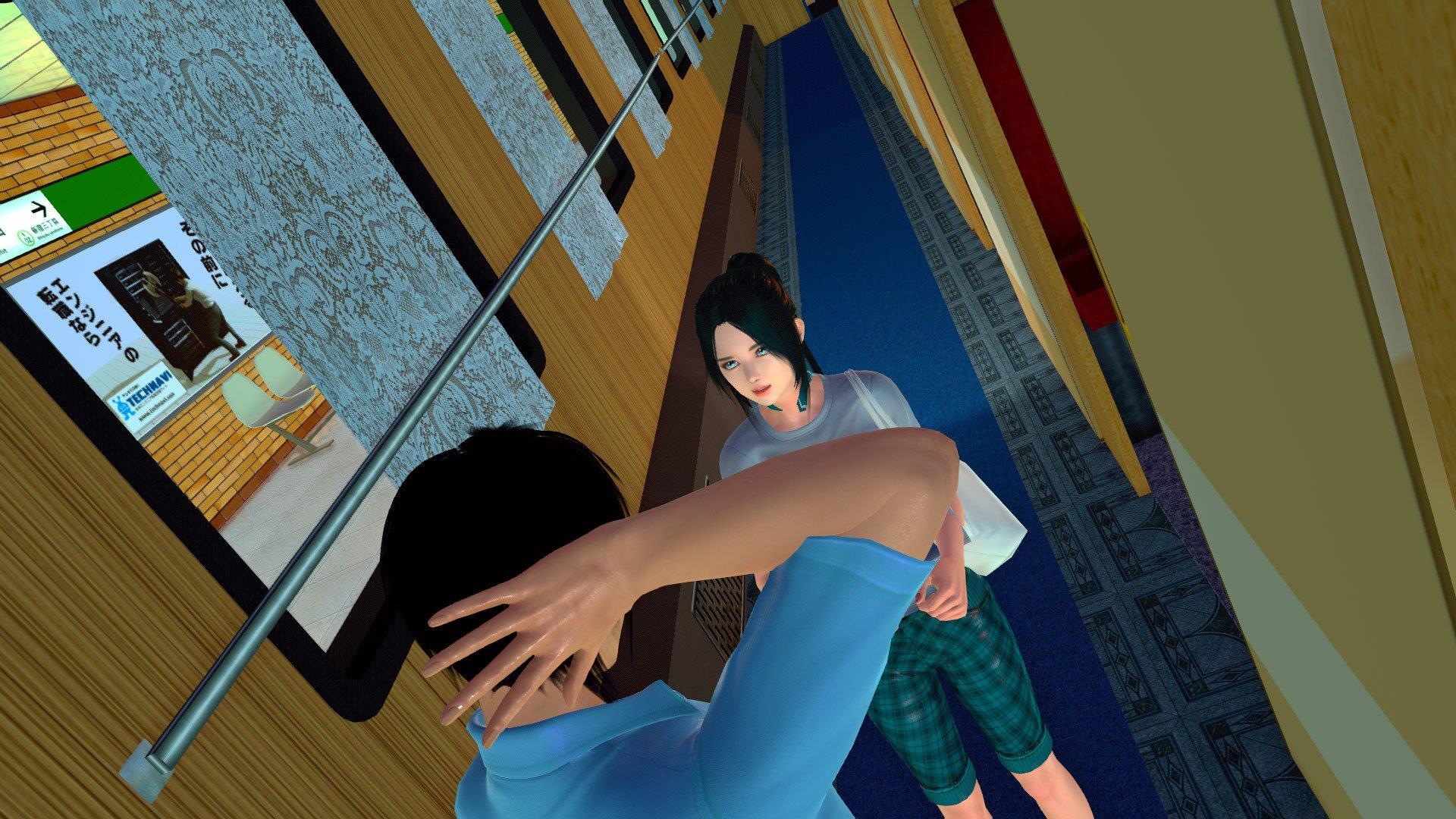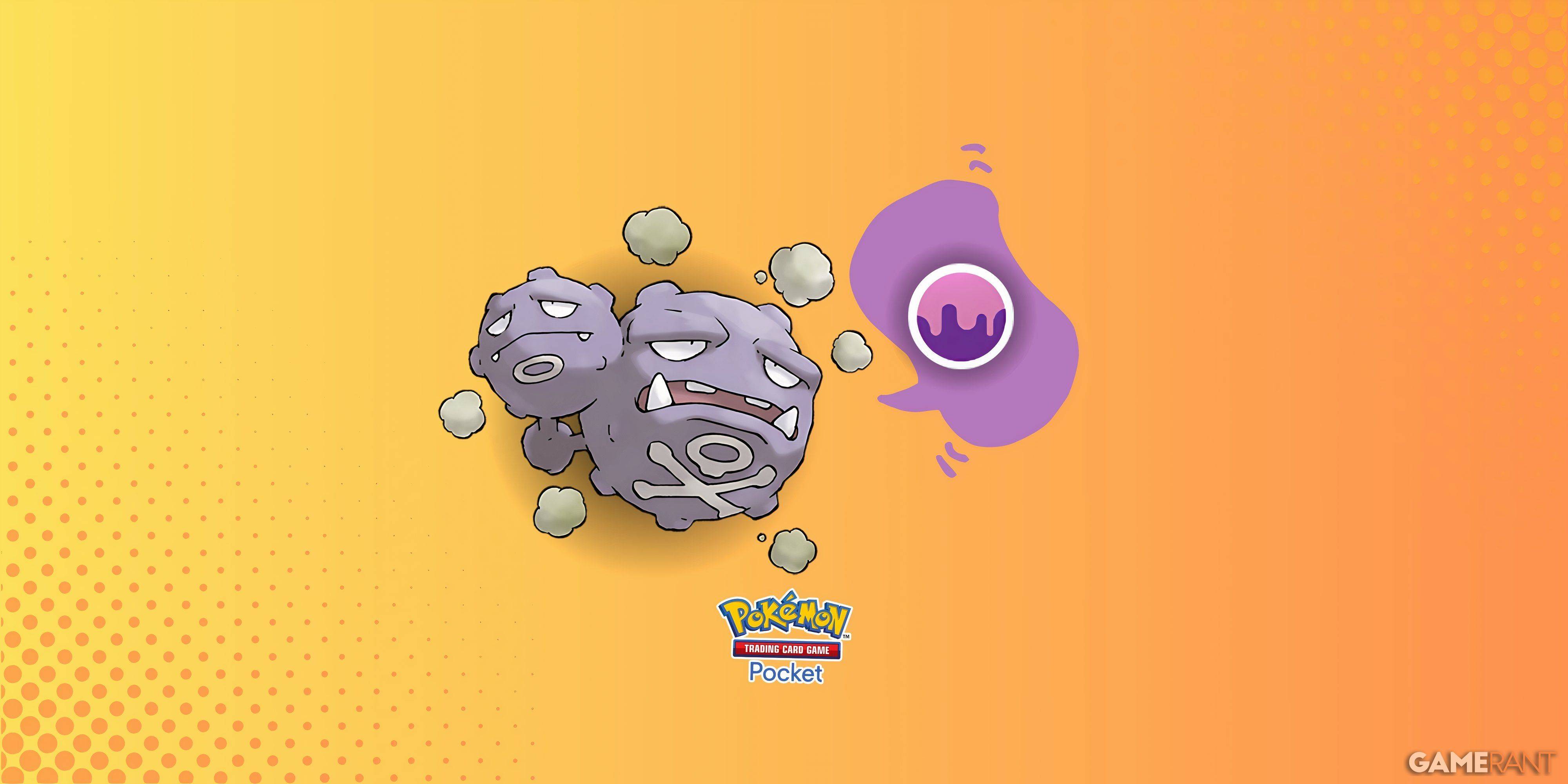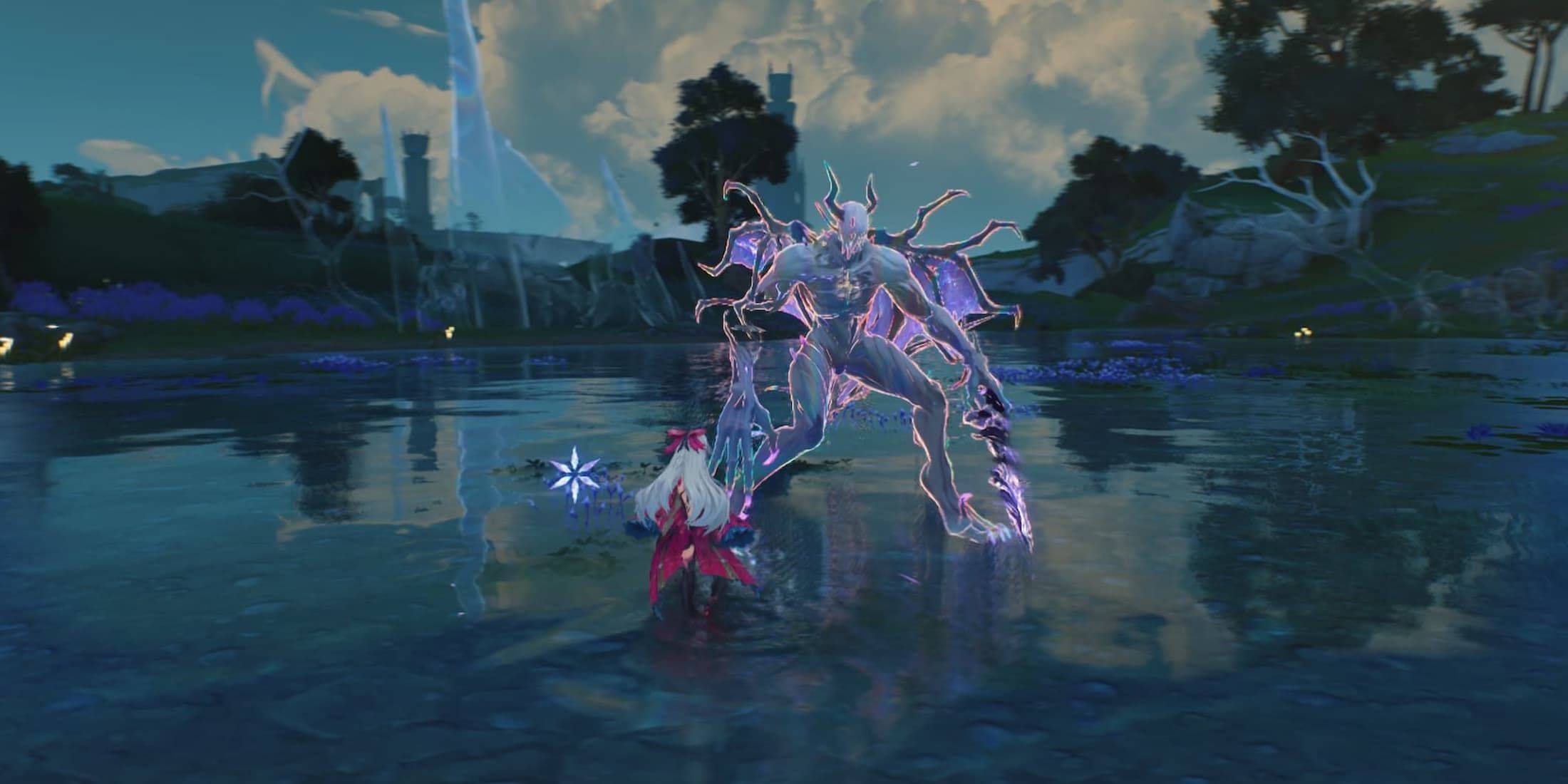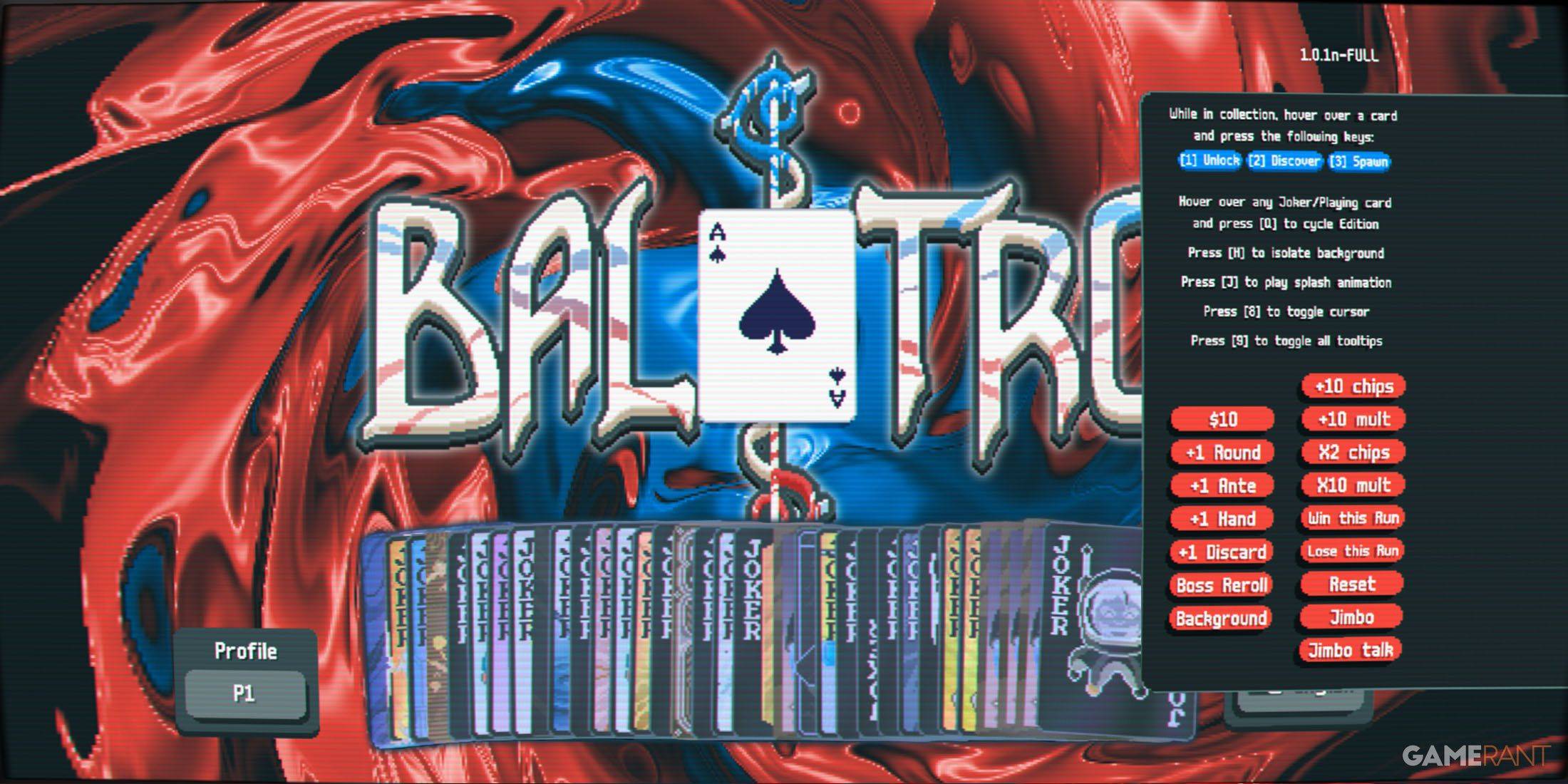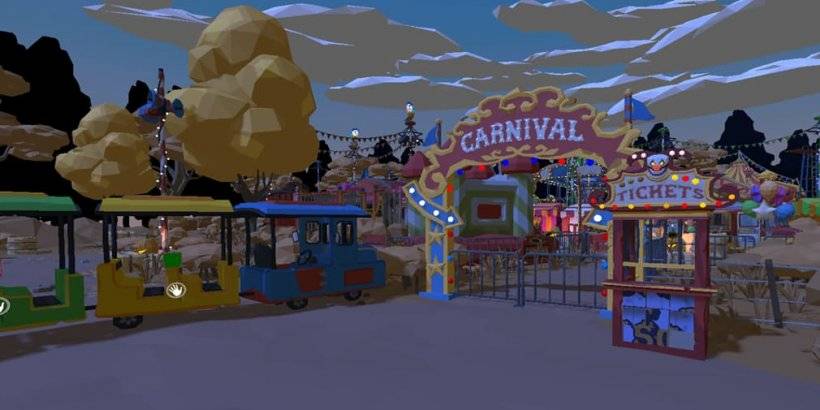The remakes of Resident Evil 2 and Resident Evil 4 were daunting to develop

Yasuhiro Anpo, the director behind the acclaimed remakes of Resident Evil 2 and Resident Evil 4, disclosed that the decision to revamp the 1998 classic Resident Evil 2 stemmed from an overwhelming fan demand to see the game restored to its former glory. As Anpo explained, "We realized: people really want this to happen." This realization prompted producer Hirabayashi to decisively state, "Alright, we'll do it."
Initially, the team at Capcom considered remaking Resident Evil 4 first. However, they quickly realized that the game, which was released in 2005, was already highly regarded and considered nearly perfect by fans and critics alike. The risk of altering such a beloved title was too great, leading them to shift their focus to Resident Evil 2, a game that they believed needed significant modernization. To ensure they met fan expectations, the developers also studied fan projects to gain insights into what players desired from the remake.
Despite Capcom's internal confidence, fans expressed skepticism even after the successful releases of the Resident Evil 2 and Resident Evil 3 remakes, and the announcement of the Resident Evil 4 remake. Many argued that Resident Evil 4, unlike its predecessors, did not require as much updating. While Resident Evil 2 and Resident Evil 3, originally released on the PlayStation in the 1990s, were hindered by outdated elements such as fixed camera angles and cumbersome controls, Resident Evil 4 had revolutionized the survival horror genre upon its release in 2005. Despite these concerns, the Resident Evil 4 remake successfully retained the essence of the original while enhancing both the gameplay and the narrative.
The commercial triumph and favorable reviews of the Resident Evil 4 remake underscored that Capcom had made the correct choice. It demonstrated that even a game seen as nearly untouchable could be reimagined with reverence for its origins and a fresh, creative perspective.
Latest Articles




![Taffy Tales [v1.07.3a]](https://imgs.anofc.com/uploads/32/1719554710667e529623764.jpg)



